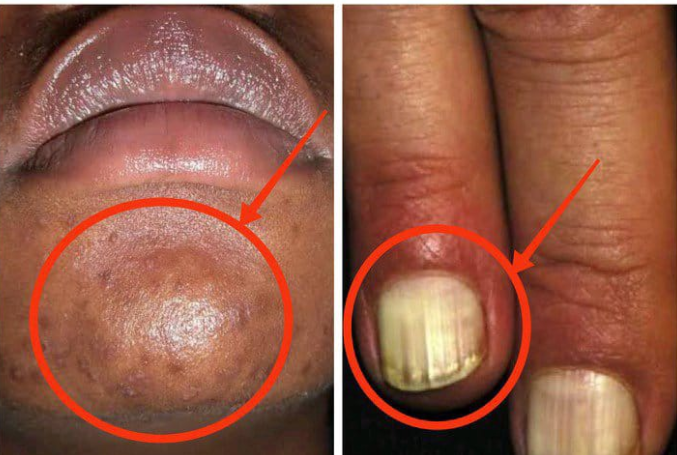By attacking and suppressing the immune system, the human immunodeficiency virus (HIV) reduces your body’s ability to fend off infections and several types of cancer.
The human immunodeficiency virus (HIV) can be spread sexually, via contaminated sharp instruments, and by direct contact with blood and other body fluids.
Possible indicators of HIV positivity listed by VeryWellHealth include:
Symptom #1: Weight Loss That Happens Quickly and for No Reason
HIV patients often experience a loss of appetite and weight as the disease progresses.
This is not just a matter of losing a couple of pounds; rather, it’s a matter of losing 10% or more of one’s body weight suddenly and unexplainably, which includes a loss of both fat mass and lean muscle.
HIV wasting syndrome describes the symptoms of this illness. With the help of antiretroviral medications, which keep the virus at bay and force the immune system to recover, the disease is not as widespread as it once was.
People who have not been treated for HIV are disproportionately likely to have wasting.
It is unclear what sets off HIV wasting, but chronic inflammation caused by the virus is considered to increase energy expenditure and decrease levels of male hormone (which is needed to construct lean muscle).
Malnutrition, prolonged diarrhea, TB, and cancer are some causes of wasting that require prompt medical attention.
Lymph node enlargement
Lymph nodes may swell in the early stages of HIV when the immune system seeks to combat the virus.
Sometimes there is a noticeable increase in the size of the lymph nodes in the neck, groin, or behind the ears. Lymph nodes that have swollen may be painful or tender to the touch.
Lymph node swelling may persist for weeks or months after the other symptoms of early HIV infection have subsided.
Opportunistic illnesses, such as tuberculosis or HIV-related malignancies, can frequently cause enlarged nymphs.




No comments! Be the first commenter?